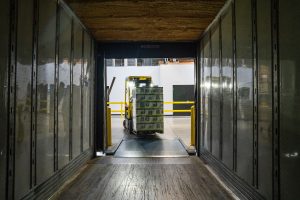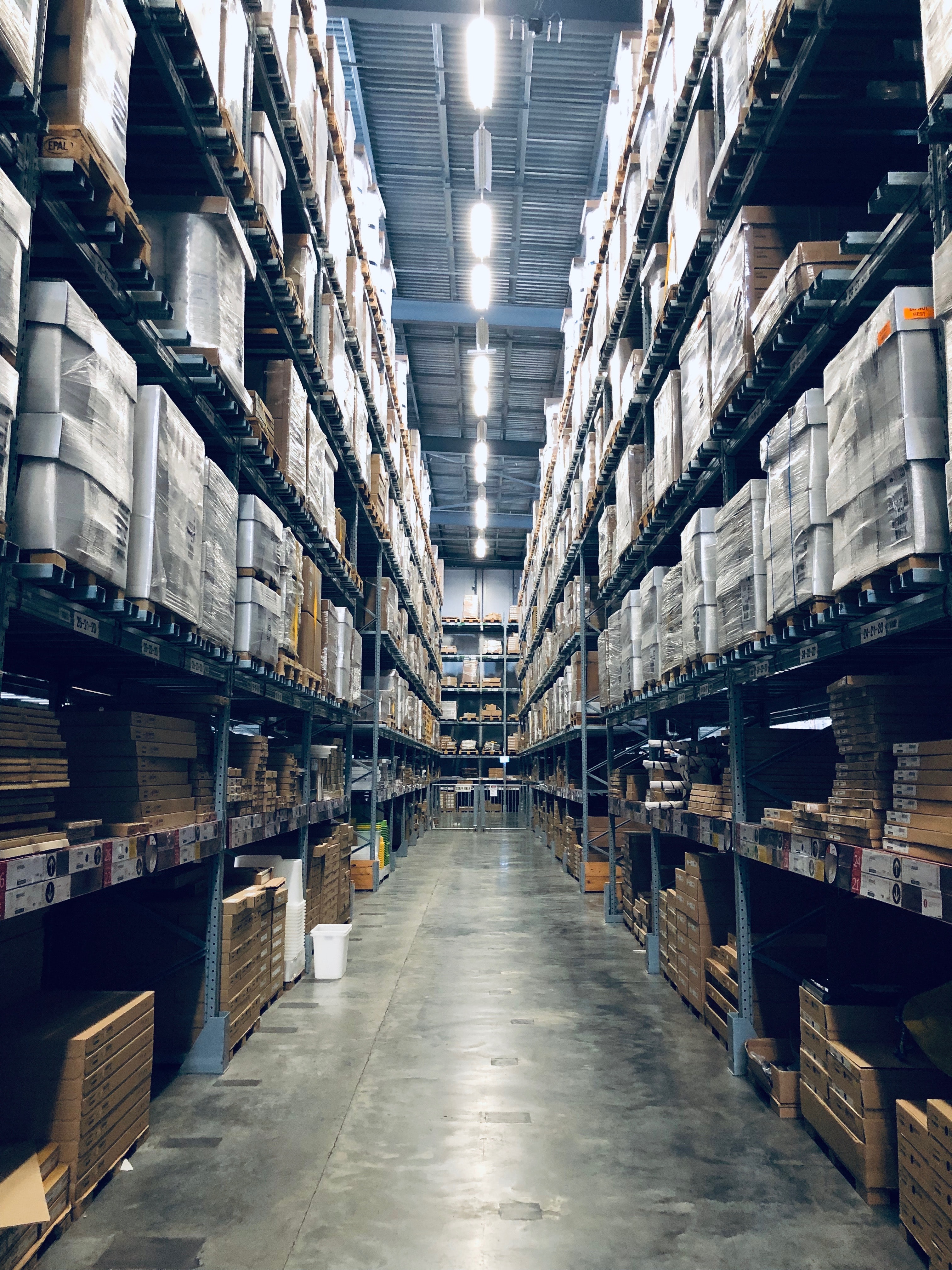Warehouse employees are forced to report to work during the pandemic.
Even as storefronts are closing amid the COVID-19 pandemic with businesses everywhere citing social distancing mandates and keeping workers home, these standards don’t seem to apply to warehouse employees who are still being tasked with fulfilling online orders, including non-essential items such as clothing and cosmetics.
Meagan Christensen, 34 is an Iowa warehouse worker who packs online orders Nordstrom, even as the department store’s retail locations have shut down. The facility at which she is employed recently closed for cleaning after a co-worker was diagnosed with COVID-19, but it reopened less than two days later.
“A lot of people are scared at Nordstrom,” said Christensen. “We’re selling designer-line apparel and cosmetics. None of this is make-it-or-break-it for the current situation.”
The company said keeping the online operations running smoothly means the business is still able to turn a profit and keep its workers employed. “What’s the opposite scenario? Everything gets shut down completely, and we can’t afford to pay your benefits?” said Gigi Ganatra Duff, a Nordstrom corporate affairs vice president. “And we can’t afford to hire you back when it’s over?”

Stephanie Morris, 57, works for IKEA, is shipping furniture. She says she checks her temperature before each shift. “People don’t understand that, when you order something, there’s got to be someone there to pull that merchandise,” she said.
“Consumers depend on companies like Wayfair to keep them supplied with the items they need for their homes during these challenging times,” Wayfair indicated in a statement. The company and other warehouses contend they are engaging in through cleanings, encouraging social distancing, and providing protective gear. Some are even mandating temperature checks before each shift.
“For consumers, the ability to shop online makes this extraordinary period more comfortable,” said Erica Groshen, a Cornell University labor relations professor.
“Online sales amount to an understandable survival strategy for a sector that is important to consumers, investors and the economy,” said Thomas Kochan, a management professor at the Massachusetts Institute of Technology. “The companies may view these workers as essential, but they’re not treating them as essential.”
Makenzie McMullen, 28, also a Nordstrom warehouse employee, called the operation a “ticking time bomb,” and yet said she was “very conflicted” about whether to stay home. “I do love my job,” she said. “I wouldn’t have been there the last three years if I didn’t.”
Rae Jones, 29, works at an O’Reilly Auto Parts warehouse in Alabama, has an autoimmune that puts her at higher risk of contracting COVID, but she has already used up most of her sick leave to accommodate. “I need the paycheck,” Jones said. “But I’m scared.”
Cyndi Murray, a Walmart employee in Maryland, said workers “must submit a positive coronavirus test and a doctor’s note to a third-party online system to apply for extra paid leave.”
Amazon is also taking heat from its workers who have been picketing to protect their safety.
“People were just looking sick, and on top of that, we’re hearing about the pandemic on TV, it’s almost like the pandemic didn’t exist inside the warehouse,” said Derrick Palmer, an Amazon worker who has already expressed concerns to management. “There was no social distancing going on, there was nothing.” The company insists it is following the recommendations of the Centers for Disease Control and Prevention (CDC).
Sources:
Warehouse Workers are Forcing Amazon to Take COVID-19 Seriously
Warehouse workers risk COVID-19 to ship Gucci shades, face cream, sofas


Join the conversation!